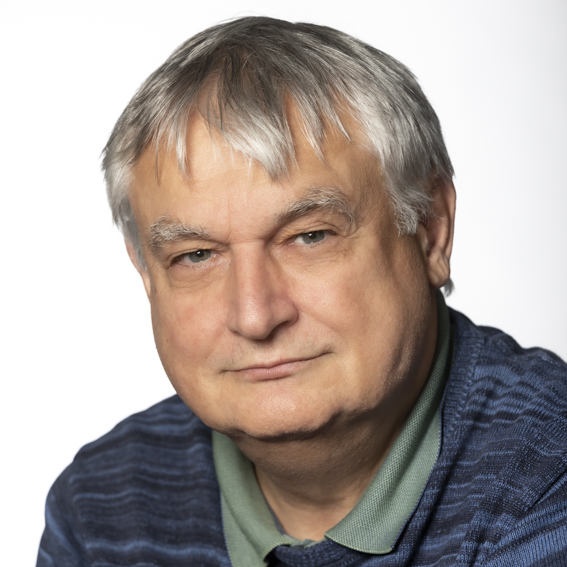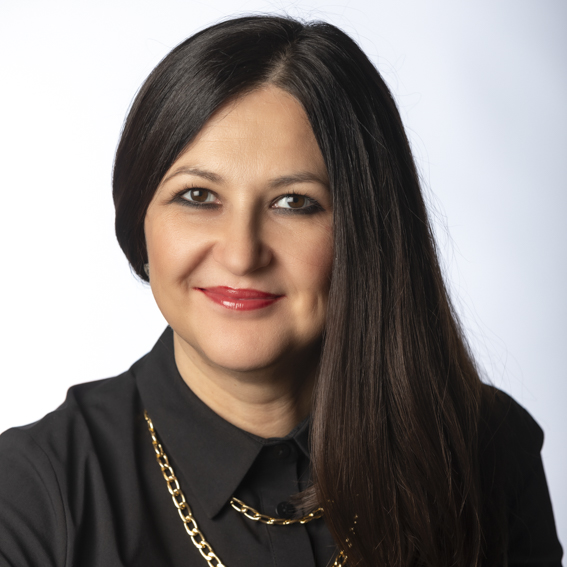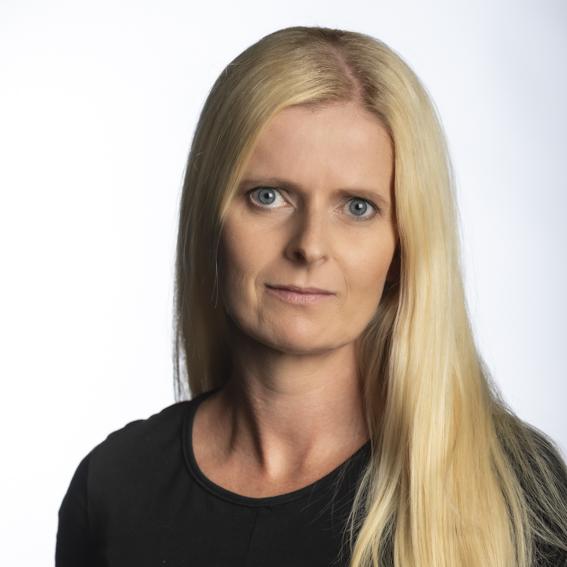Biomolecular structures & interactions
The normal function of cells, tissues, and organs, and thus the maintenance of a healthy organism, requires a complex interplay of biomolecular interactions. Many disruptions of these interactions are associated with a variety of diseases. Thus, the elucidation of molecular structures and the resulting function of proteins, enzymes, cell membranes and lipid aggregates as well as their molecular interactions play a crucial role for the fundamental understanding of (patho-)physiological processes and the development of new therapeutic approaches. This includes, for example, highly specific active agents that have been specifically tailored to act on pathological-structural changes.
Within BioHealth, the research area "Biomolecular structures & interactions" studies biomolecular interactions, using a range of experimental and computational methods from the fields of integrative structural biology and biophysics. Among them, microscopic techniques, such as classical light/fluorescence microscopy and cryoelectron microscopy (cryoEM), as well as protein crystallography, nuclear magnetic resonance spectroscopy, (single molecule) fluorescence spectroscopy, X-ray and neutron small angle scattering, light scattering, calorimetry, chromatography, microfluidics, and quantum chemical and molecular dynamics simulations are used.
Currently, we are conducting research on the following topics:
- Structure-function relationships of proteins involved in intracellular and intravascular lipid metabolism, which are important for both energy balance and intercellular communication.
- Structure-based development of inhibitors of lipases from human pathogenic bacteria.
- Structure and function of proteins involved in ribosome biogenesis, particularly AAA-ATPases and RNA helicases.
- Structural determinants of enzyme properties, both to design enzymes with specific properties and to predict enzyme functions.
- Structural characterization of proteins and lipids of the bacterial cell membrane for the development of membrane-specific drugs.
- Functions of eukaryotic plasma membranes, particularly lipid asymmetry and its loss in cancer cells, which enables - among other things - the development of highly specific antitumor peptides.
- Interactions of pharmacologically important membrane receptors - G-protein-coupled receptors and receptor tyrosine kinases - with natural ligands, drugs and antibodies.
- Structure determination of major allergens for mechanistic elucidation of allergic diseases.
Biomolecular structures & interactions Team

Ao.Univ.-Prof. Mag. Dr. Helmut Bergler
+43 316 380 - 5629
Institut für Molekulare Biowissenschaften
nach Vereinbarung
ORCID: 0000-0002-7724-309X
https://molekularbiologie.uni-graz.at/de/arbeitsgruppen-bergler-pertschy/

Mag. Dr.rer.nat. Christian Gruber
+43 316 380 - 5466
Institut für Molekulare Biowissenschaften
Montag 17:00-18:00 (nach Voranmeldung)
ORCID: 0000-0003-0214-449X
https://molekularbiologie.uni-graz.at/en/strukturbiologie/

Univ.-Prof. Mag. Dr.rer.nat. Karl Gruber
+43 316 380 - 5417
Institut für Molekulare Biowissenschaften
nach Vereinbarung
ORCID: 0000-0002-3485-9740
https://molekularbiologie.uni-graz.at/en/strukturbiologie/

Assoz. Prof. Priv.-Doz. Dr.rer.nat. Melanie Hall

Dipl.-Ing. Dr.techn. BSc Bettina Halwachs-Wenzl

Ass.-Prof. Dipl.-Ing. Dr.techn. Jürgen Hartler
+43 316 380 - 5382
Institut für Pharmazeutische Wissenschaften
nach Vereinbarung
ORCID: 0000-0002-1095-6458
https://pharmazie.uni-graz.at/de/unsere-forschung/pharmazeutische-chemie/computational-pharmacology

Univ.-Prof. Dr.rer.nat. Sandro Manuel Keller
+43 316 380 - 4987
Institut für Molekulare Biowissenschaften
ORCID: 0000-0001-5469-8772
https://biophysics.uni-graz.at/en/sandro-keller-lab/

Ao.Univ.-Prof.i.R. Mag. Dr.rer.nat. Walter Keller

Ao.Univ.-Prof. Dr.phil. Guenther Koraimann
+43 316 380 - 5626
Institut für Molekulare Biowissenschaften
nach Vereinbarung
ORCID: 0000-0002-8937-3027
http://homepage.uni-graz.at/de/guenther.koraimann/

Univ.-Prof. Dipl.-Ing. Dr.techn. Wolfgang Kroutil
+43 316 380 - 5350
Institut für Chemie
nach Vereinbarung
ORCID: 0000-0002-2151-6394
https://biocatalysis.uni-graz.at

Priv.-Doz. Mag. Dr.rer.nat. Nermina Malanovic

Assoz. Prof. Mag. Dr.rer.nat. Monika Oberer
+43 316 380 - 5431
Doktoratsschule Molekularbiologie und Biochemie
nach Vereinbarung (Email oder Telefon)
ORCID: 0000-0003-2525-9513
https://molekularbiologie.uni-graz.at/en/strukturbiologie/

PhD Isabel Oroz-Guinea

Assoz. Prof. Dipl.-Ing. Dr.techn. Georg Pabst
+43 316 380 - 4989
Doktoratsschule Molekularbiologie und Biochemie
nach Vereinbarung
ORCID: 0000-0003-1967-1536
https://membrane-biophysics.uni-graz.at/en/

Assoz. Prof. Mag. Dr. MSc. Tea Pavkov-Keller
+43 316 380 - 5483
Institut für Molekulare Biowissenschaften
nach Vereinbarung (tel. oder per E-mail)
ORCID: 0000-0001-7871-6680
https://molekularbiologie.uni-graz.at/de/unsere-forschung/strukturbiologie

Assoz. Prof. Mag. Dr.rer.nat. Brigitte Pertschy
+43 316 380 - 1518
Institut für Molekulare Biowissenschaften
ORCID: 0000-0003-3558-0191
https://molekularbiologie.uni-graz.at/de/arbeitsgruppen-bergler-pertschy/

Dipl.-Ing. Dr.rer.nat. Sabrina Riedl

Dr.rer.nat. Georg Steinkellner

Univ.-Prof. Dipl.-Ing. Dr.rer.nat. Ulrich Stelzl
+43 316 380 - 5397
Institut für Pharmazeutische Wissenschaften
nach Vereinbarung (ext. 5365)
ORCID: 0000-0003-2500-3585
https://pharmazie.uni-graz.at/de/unsere-forschung/pharmazeutische-chemie/

Ao.Univ.-Prof. Mag. Dr.rer.nat. Klaus Zangger
+43 316 380 - 8673
+43 650 4009779
Institut für Chemie
ORCID: 0000-0003-1682-1594
https://www.uni-graz.at/klaus.zangger

Dr.rer.nat. BSc MSc. Ingrid Zierler

Assoz. Prof. Dipl.-Ing. Dr.techn. Dagmar Zweytick
+43 316 380 - 4988
Doktoratsschule Molekularbiologie und Biochemie
Dienstag 11:00 bis 12:00
ORCID: 0000-0002-4766-7713
https://cancer-biophysics.uni-graz.at/